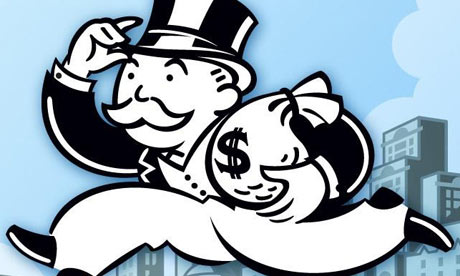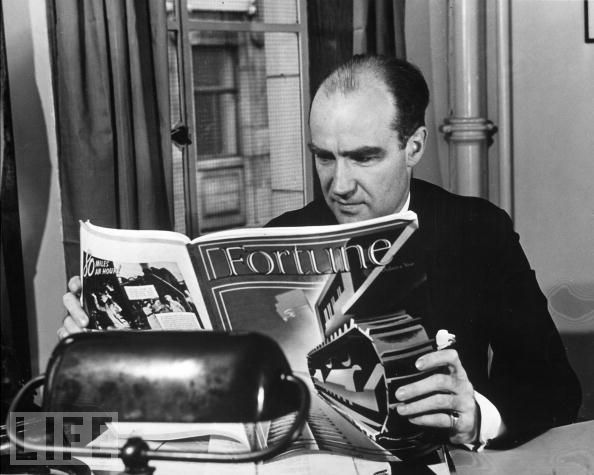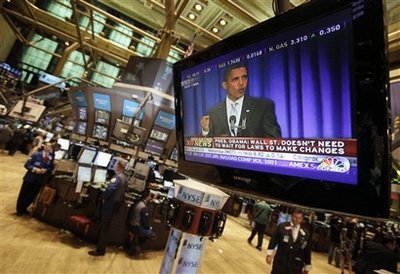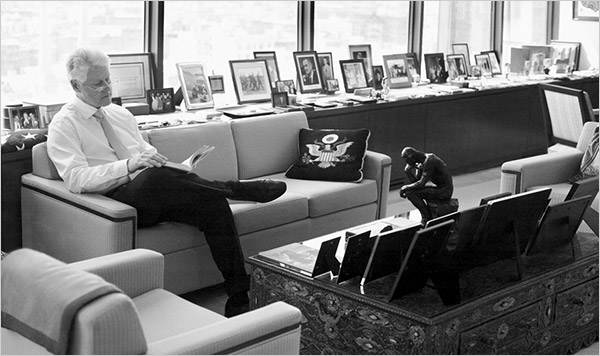
“The big U.S. banks were the source of the global financial crisis, in part because their bigness and their practices were copied by major banks around the world. What happens in this reform effort is being watched avidly in many countries, because it will say much about how global finance is to be conducted. What is often missing in these discussions are the assumptions people make about banking and its role in a modern economy. We should begin therefore with some first principles.“
As the manifestly fradulent behavior by Goldman Sachs of late comes to full light — one among many, it seems — Numerian of The Agonist goes back to basics to make a case for strong banking reform. “The very first lesson we should learn from this crisis, which we thought this nation learned in the 1930s, is never again…The second lesson we should learn from this crisis is that we should not as a nation have to learn these lessons over and over again every 80 years. Something has to be done to make the legislative changes this time stick.”



